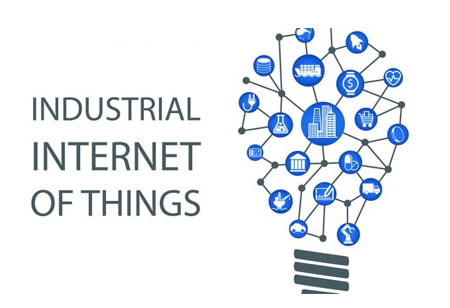THANK YOU FOR SUBSCRIBING
Key Areas Cognitive Intelligence is Changing Banking Services
As the global financial industry becomes more exposed to cutting-edge advances in artificial intelligence (AI), the very definition of what makes a bank is changing radically.

By
Apac CIOOutlook | Thursday, January 27, 2022
Stay ahead of the industry with exclusive feature stories on the top companies, expert insights and the latest news delivered straight to your inbox. Subscribe today.
Cognitive banking often employs AI to provide greater solutions throughout the whole scope of a bank's activities. Such solutions are perhaps most commonly—or at least most visibly—deployed in customer-facing contexts, generally to meet banking clients' constantly changing demands and preferences.
Fremont, CA: As the global financial industry becomes more exposed to cutting-edge advances in artificial intelligence (AI), the very definition of what makes a bank is changing radically. And, with cognitive banking among the sector trends making the most use of such technology, the bank of the future is likely to resemble little of what one sees now.
Cognitive banking often employs AI to provide greater solutions throughout the whole scope of a bank's activities. Such solutions are perhaps most commonly—or at least most visibly—deployed in customer-facing contexts, generally to meet banking clients' constantly changing demands and preferences.
Discussed below are key areas in which cognitive banking could have the most profound impact on financial services:
• Personal banking
Indeed, the digital technology has hastened the increase of the minimum level of service that clients now expect from their banks. And the emergence of the coronavirus pandemic has only posed more hurdles for banks in their efforts to improve the client experience. In reality, this has meant swiftly building sophisticated solutions. The most recent information technology (IT) infrastructure—instead of legacy systems—has taken precedence, and cognitive banking is getting provided a firm foundation for continued growth.
• Wealth management
Chatbots can simulate the behaviors of a financial manager more rapidly and correctly than human advisers, with Robo-advisory being the prominent example. However, cognitive solutions can make clients more aware of higher-value assets than they would be otherwise, allowing them to make more educated wealth-management decisions.
• Call-center operations
The call center of a cognitive bank will foresee and comprehend a customer's life events and deliver the most appropriate and effective services proactively. The advice and customer experience for the client can get considerably improved by using authorized information collected from the user's social media profiles and documented preferences.





